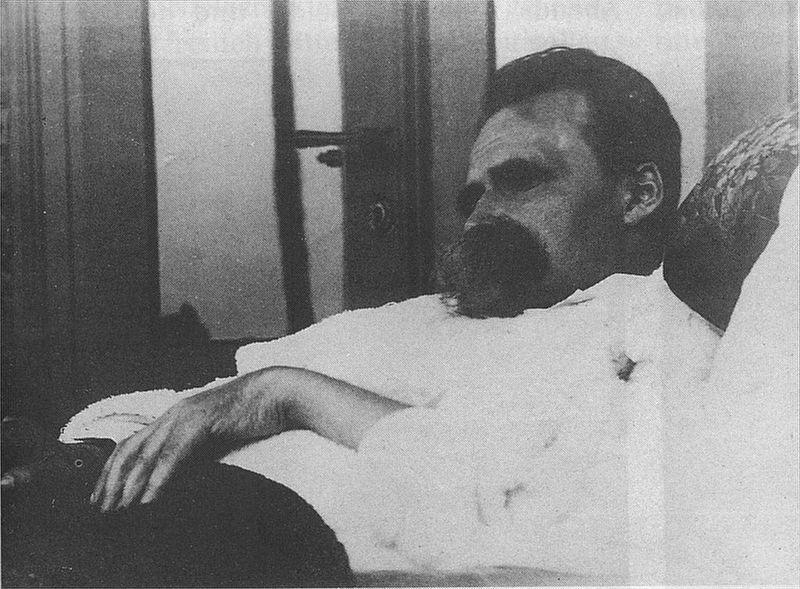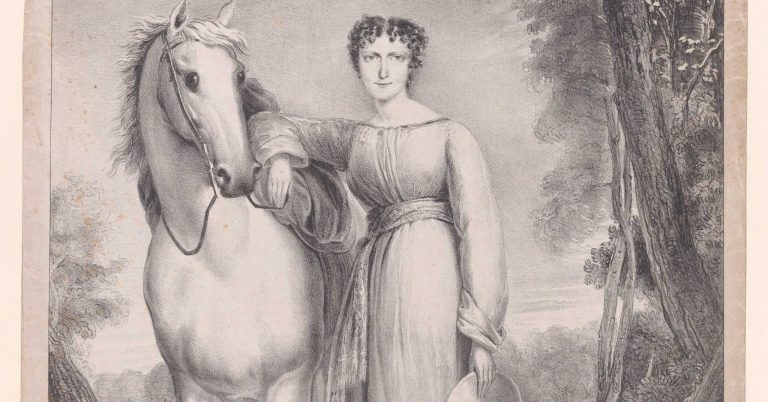
That Nietzsche valued his own birthday is known to readers of his correspondence. After his mother appears to forget her son’s 44th birthday, he sends her a postcard four days later:
“This time the old mother has forgotten the old creature’s birthday, which if I am not mistaken falls on October 15.”
Nietzsche liked his birthdays, partly for the gifts he would receive—mostly books and musical scores, as Thomas Brobjer informs us. But was it just the presents? A letter he writes to Wagner on 15 October 1872, his 28th birthday, suggests the date’s spiritual significance. Addressing his “honored and beloved Master,” he begins:
“Today is the first day of a new year for me; you will certainly understand my heartfelt longing (Sehnsucht) to send a few words to you and thus begin the new period.”
By 1882, Nietzsche has broken with Wagner, but not with the idea of making a new start. “Sanctus Januarius,” the exuberantly musical fourth book of the Gay Science, opens with an aphorism “For the New Year” (GS 276). Now his longing is to become “only a Yes-sayer,” one who can “learn more and more to see as beautiful what is necessary in things: then I shall be one of those who make things beautiful. Amor fati: let that be my love henceforth!” A powerful and questionable ideal that propels Nietzsche forward, amor fati may speak to us. Consider the demise of an old friendship, such as that of Nietzsche with Wagner. With some persistent courage, it can be seen as an instance of something necessary and beautiful—a parting of two ships driven into different seas and sunny zones “by the almighty force of our tasks.”
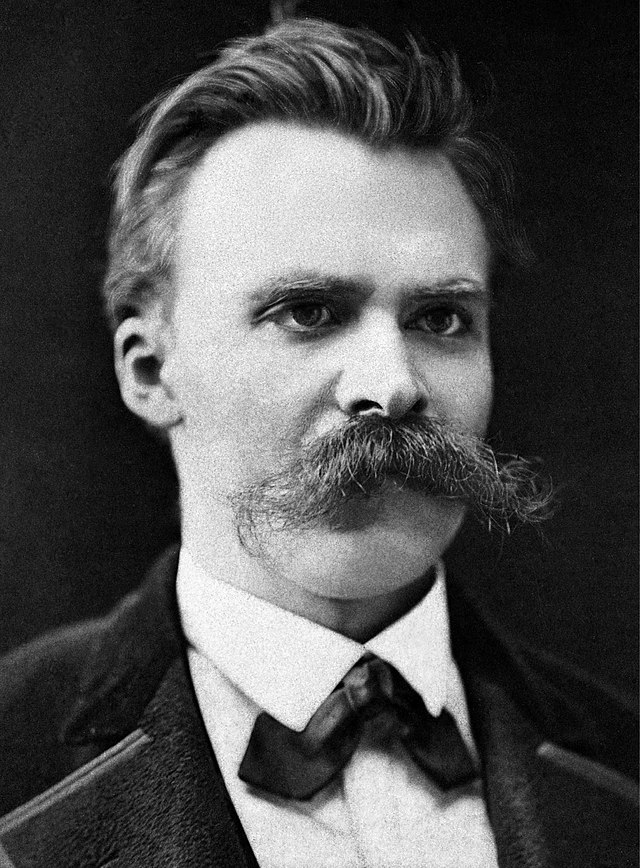
(Photo from Wikicommons)
That Nietzsche knew himself to be driven by a task is abundantly clear. His birthday would remind him of his task. On 2 November 1887, he writes Köselitz: “A bay leaf and a fig leaf arrived from Athens from Prof. Deussen, picked on October 15th at the place where Plato’s Academy once stood.” Part of his task was to sharpen his own thinking until it stood as the great alternative to Plato and “Platonism for the masses.” Even if his mother forgot about his birthday in 1888, we cannot; we hear about it directly in the opening pages of Ecce Homo. “On this perfect day, when everything is ripening and not only the grape turns brown, the eye of the sun just fell upon my life: I looked back, I looked forward, and never saw so many and such good things at once.”
What Nietzsche did on 1 January 1882, under the sign of Janus (god of double-facing gateways), he does again on the last birthday of his productive years. Looking backward and forward, he sees so many good things, as if they were united in a circle, where differences between endings and beginnings dissolve into nothingness. How could I fail to be grateful to my whole life? he asks. In posing this question, he gives his suffering readers a gift on his own birthday. Gratitude for one’s own life, despite the betrayals, heartbreak, and suffering—Nietzsche can inspire this. Few experiences are more powerful than an autumnal reading of Nietzsche.
Was anybody there to receive Nietzsche’s gift in October 1888? Not so many read his books when he wrote them, celebrating his birthdays with cake and ice cream. (That he was known to celebrate thus, we can guess from a postcard of 17 October 1882.) Only years later would the gift of Nietzsche’s books (Gift, some would say) be readily available to readers across the globe. Would their author have been surprised? His truly significant birth, he sensed, would occur years later—the shared fate of those destined to be “born posthumously.”
About the author
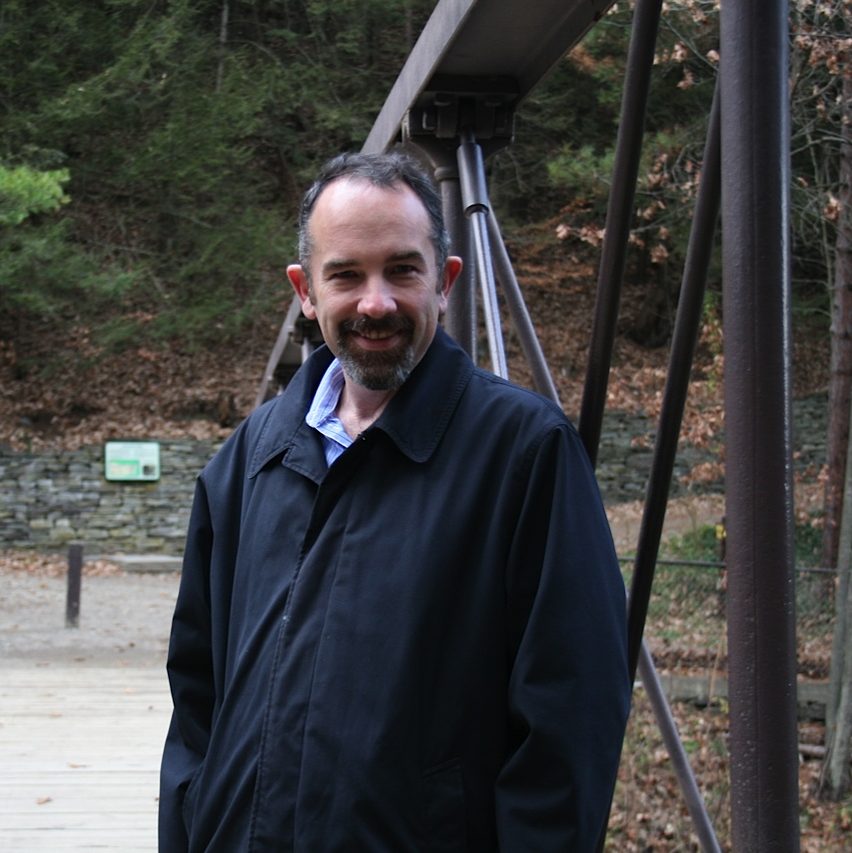
Robert Miner is the author of five books, including Thomas Aquinas on the Passions (Cambridge University Press, 2009), Nietzsche and Montaigne (Palgrave Macmillan, 2017) and Nietzsche’s Gay Science (Edinburgh University Press, 2022). He is editor and translator of Thomas Aquinas: Questions on Love and Charity (Yale University Press, 2016) and co-translator of Vico’s New Science (Yale University Press, 2020). His research is focused mainly in the history of medieval and modern thought. For the last two decades, he has taught both undergraduates and graduate students at Baylor University, where he is Professor of Philosophy in the Honors College. Prior to Baylor, he taught at Boston College and Xavier University. He earned a Ph.D. in philosophy at the University of Notre Dame.
Outside the university, his favorite activities include traveling, cooking, collecting vinyl records and playing tennis. He is married to Margaret Watkins, Dean of the College of Arts and Sciences at Seattle Pacific University.
Check out Robert Miner’s upcoming book ‘Nietzsche’s Gay Science‘
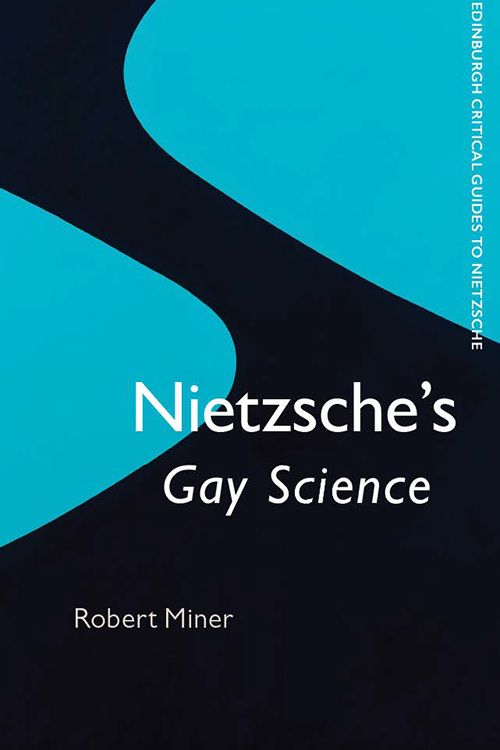
by Robert Miner
A guide to Nietzsche’s most personal book – but one more often quoted than understood
From philosophy undergraduates showing off in murky bars to Chidi’s unforgettable monologue in TV sensation The Good Place, The Gay Science is one Nietzsche’s most-quotable texts. But what do those soundbites actually mean? Robert Miner attends closely to the rhymes and aphorisms that make up Nietzsche’s The Gay Science – and make it so appealing yet so frequently misunderstood. Tracking Nietzsche’s mixture of subtle argumentation, memorable images and provocative rhetoric, Miner opens up multiple ways of interpreting the text and applying it to our own circumstances.


